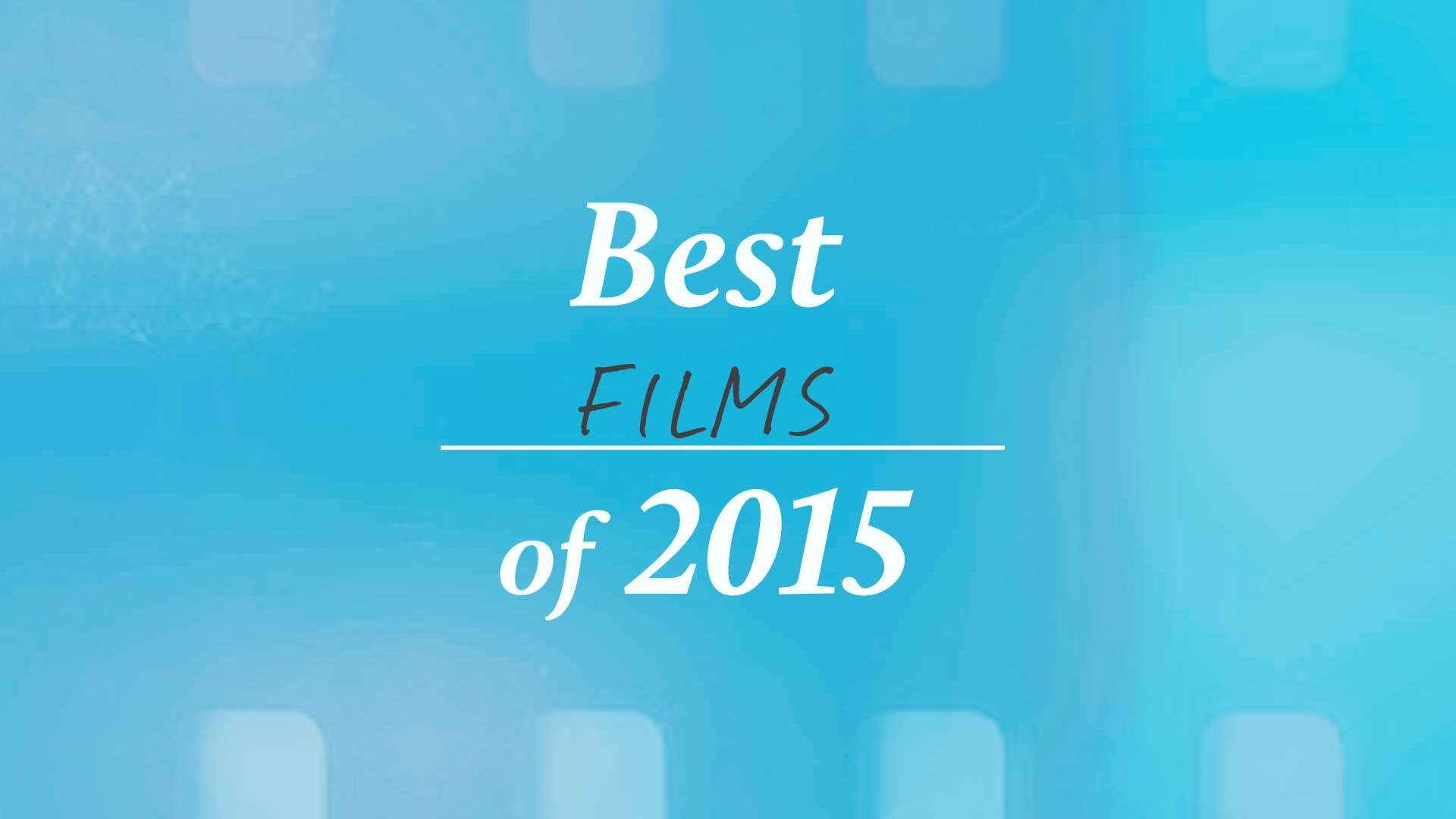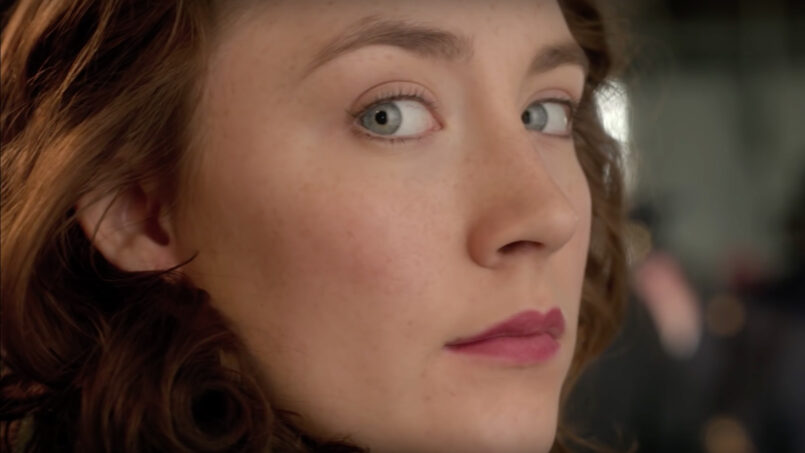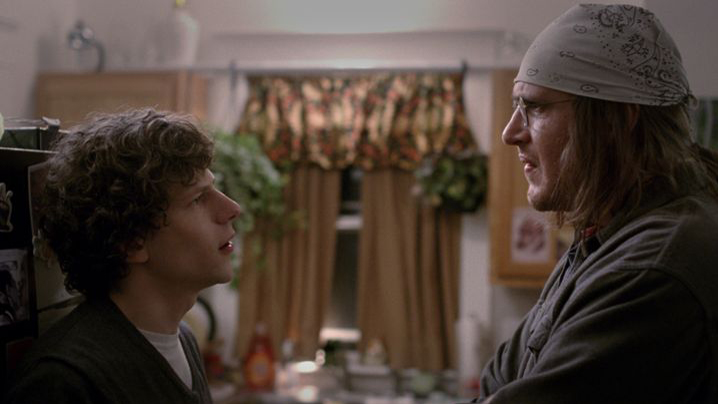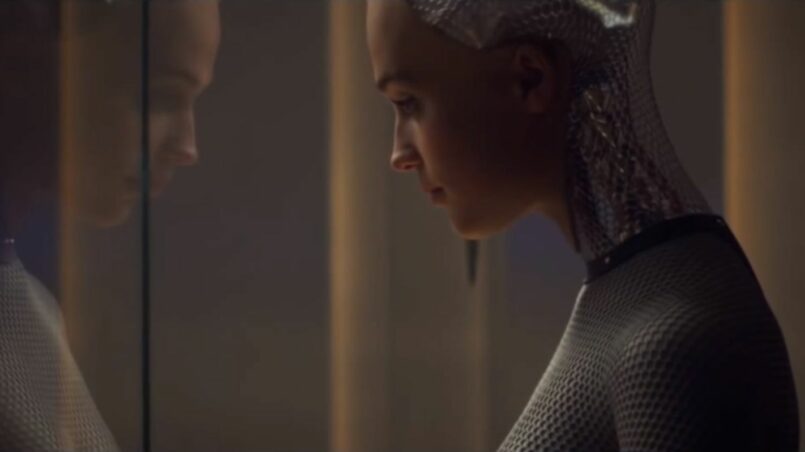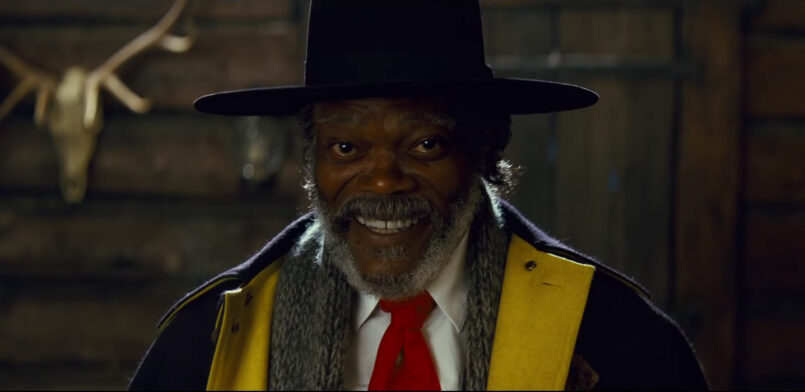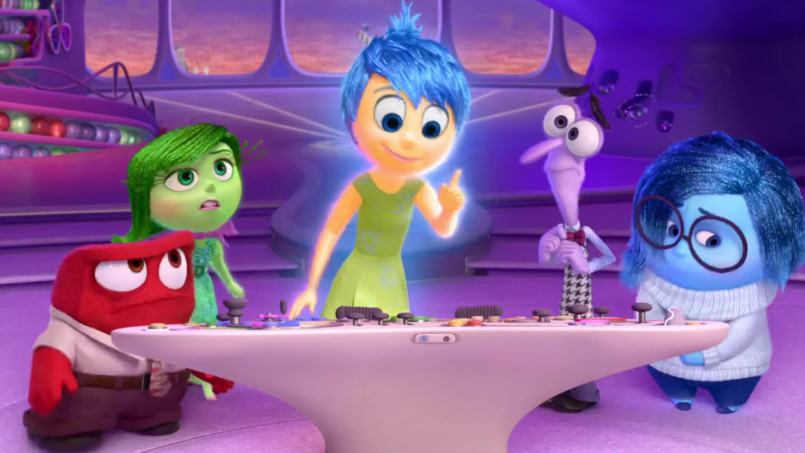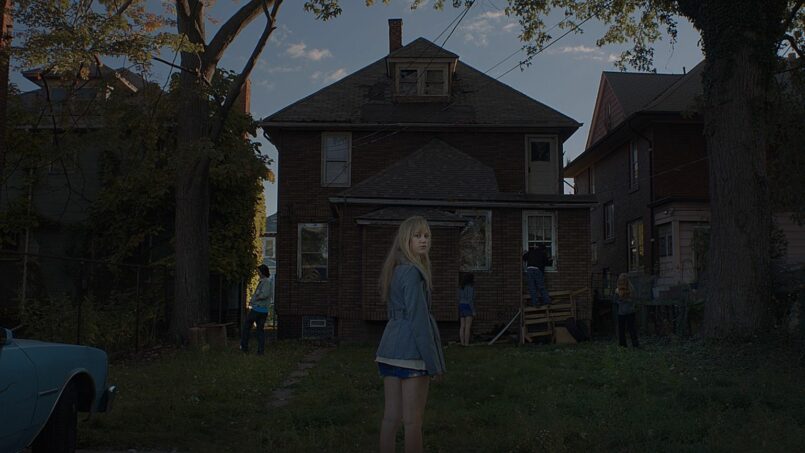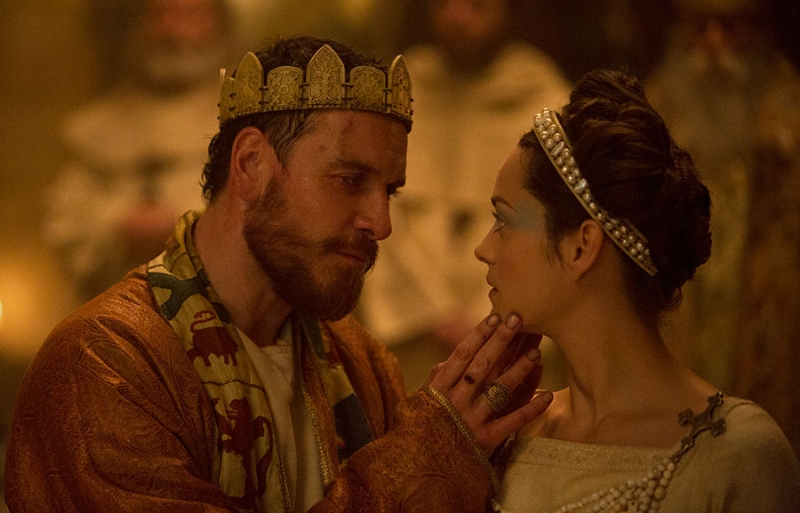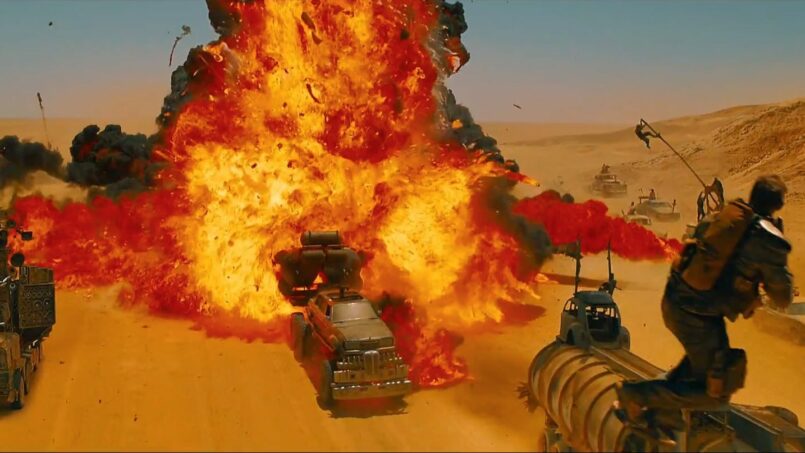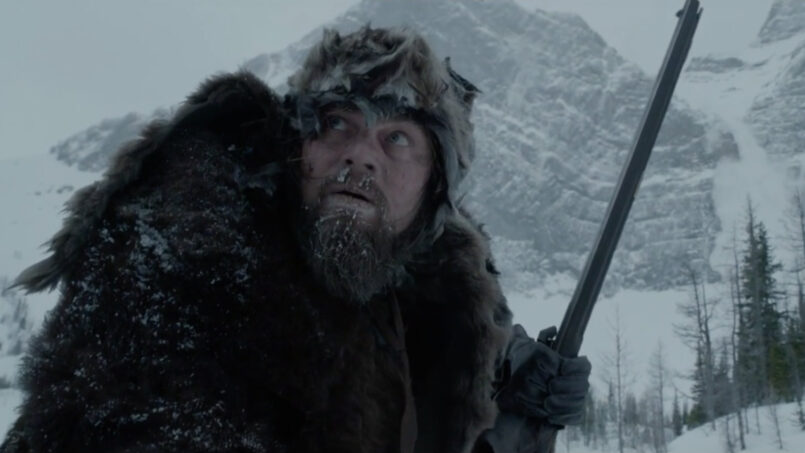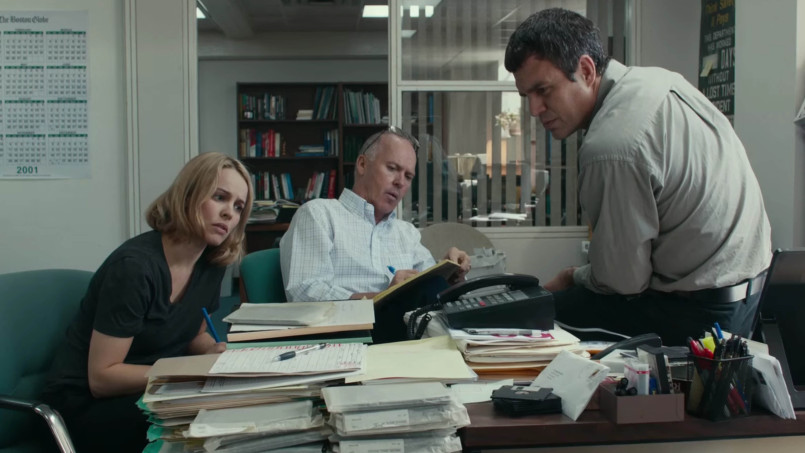Nothing brings people together like watching a film. You grab your seat (not too close), the lights dim, the projector warms up, and you’re transported to a new world in an instant. There was a lot about 2015 that we wish we could change and, thankfully, the cinema was there to help us think outside of the box and work toward a better future. This year’s finest movies were a portal to a reality where nothing can stop us if we have a goal, where women with power are celebrated for their authority and talent, and where the truth—no matter how painful—will almost always prevail.
The best films of 2015 made us think about the world outside of ourselves and better understand familial bonds, the harsh gaze of stardom, the fear of technology, and the deadly secrets to a good marriage. Check out our top ten films of 2015 below.
This poignant adaptation of the Colm Tóibín novel offers a thrillingly realistic picture of immigrant life in 1950s Brooklyn. Saoirse Ronan is perfectly cast as Eilis Lacey, a wide-eyed young Irish woman who has only just begun to build a life in the New World when the Old World comes clambering back, forcing her to make a choice. Screenwriter Nick Hornby and director John Crowley stay true to the slowness of the novel and even capitalize on it, using deliberate pacing to emphasize the intense emotional register of Eilis’s daily life. The movie is too beautiful and stylized to be considered a realist film, but like the classics in that genre it makes the mundane seem both urgent and profound. — Daniel Harmon
Click here to read our original review of Brooklyn.
In what essentially boils down to a film about two men talking, The End of the Tour succeeds as entertainment for this simple reason: the chasing of genius is a complex and compelling action. Director James Ponsoldt lets his leads do the heavy lifting; Jason Segel has certainly never been better than with his breezy portrayal of the writer David Foster Wallace, and Jesse Eisenberg is right at home as the obsessive-curious Rolling Stone interviewer David Lipsky. Far more than a love letter to a gone-too-soon hero, The End of the Tour smartly uses Lipsky as its everyman, and it is through his eyes that we see the wonder. — Pat McGuire
Click here to read our original review of The End of the Tour.
Alex Garland’s riveting debut can reasonably take a place alongside some of the very best films in the sci-fi genre. That genre limitation, however, feels a bit unfair for a film that at various points feels like a domestic drama, a philosophical meditation, a psychological thriller, and an advertisement for an extremely high-end lifestyle magazine. It all blends seamlessly and beautifully together, nonetheless, and in the end this man-vs.-machine movie transcends that dichotomy to offer some real—and earned—insights into the question of what it means to be human. It is, in other words, art. (Said the robot?) — DH
Click here to read our interview with Geoff Barrow and Ben Salisbury about Ex Machina‘s score.
At the request of The Weinstein Company, formal reviews for The Hateful Eight have been embargoed until next week—so you’ll just have to sit tight for ours—but rest assured, the movie belongs on this list. Quentin Tarantino’s latest is a showstopper (like, literally—there’s an intermission if you see the essential 70mm version) and a more-than-worthy entry (and forward step) in the unbelievable filmography of the world’s biggest film nerd. Pocket some jelly beans, pour a cup of joe, and hold onto your butts. It’s a wild ride, folks. — Nate Rogers
We know what joy, sadness, fear, anger, and disgust feel like. These pesky emotions build up behind your eyes, curl the ends of your lips, sour your stomach, and tingle the tips of your fingers. But what if you knew these essential human emotions as friends as opposed to biological states of mind? Inside Out, Pixar’s fifteenth film, does the impossible by making talking about feelings easy and fun. The film follows Riley, who moves away from her friends, her life, and her hockey team in Minnesota when her dad gets a new job in San Francisco. Throughout the film she tries to stay strong for her family with help from Amy Poehler as Joy, but it’s the viewer who can’t help but go on an intense emotional rollercoaster…with actual emotions. We’ll never forget you Bing Bong. — Bailey Pennick
Set in the Detroit suburbs and knocked slightly astray from a recognizable time, It Follows is a horror film forever on the fringes. Not only does the titular “it” haunt the edges of the film’s frames, leaving cheap jump scares to genre flicks with so much less style and compositional chutzpah, but its main character is on the brink adulthood—not a girl, not yet a woman. As such, the film may get unfairly tagged as an obvious parable about the terrors of STDs and pre-marital sex, but it’s something infinitely smarter: It Follows is nothing less than a film about the terrifying prospect of growing up. — Dom Sinacola
Click here to read our original review of It Follows.
Macbeth is a play that has historically come in for a good deal of flak, but directors for stage and screen just cannot get enough of it. And thank goodness for that, in this case, because Justin Kurzel’s new film is the rare Shakespeare adaptation that seems to give you even more than the original. It has less of the—what do you call ’em… oh yeah—words, but it’s bloodier, broodier, scarier, and even more propulsive than the original Scottish play. Not every adaptation is necessary, by any means, but this one validates itself like few others by the sheer force of its commitment. — DH
Click here to read our original review of Macbeth.
We shouldn’t too readily criticize the glut of over-franchised, big-box blockbusters that have filled 2015 with more action spectacle than any person has any reason to witness—we should, in other words, encourage Tom Cruise to do as much crazy shit as he sees fit—but let us always refer to George Miller’s fourth Mad Max film as the standard to which all modern action movies should aspire. It’s a feminist film where other action flicks still relegate women to sidepieces, sure, and it relies on practical effects while whole armies of villains in other films are completely digital, but the true art in Miller’s direction is his sense of place. Every action has its consequences, every set-piece its endgame and spatial resolution—there was no film released in 2015 that is so indelibly, thrillingly immersive. — DS
Click here to read our full review of Mad Max: Fury Road.
Last year, Alejandro G. Iñárritu won big at the Oscars with his brilliant meta-comedy Birdman or (The Unexpected Virtue of Ignorance) nabbing both Best Picture and Best Director statues. How do you follow up so much laughter and critical acclaim? By releasing a two-plus-hour epic drama about fur trappers in the 1820s with almost no dialogue, of course. The haunting film follows the story of Hugh Glass (a fearless Leonardo DiCaprio) as he hunts down the criminal (Tom Hardy) who murdered his son and left him for dead after a vicious bear attack. With Iñárritu at the helm and Emmanuel Lubezki’s cinematography, The Revenant is a breathtaking appreciation for untouched nature and the power of the human spirit—and it gives new meaning to the phrase “revenge is a dish best served cold.” — BP
A small, dedicated team takes down the head of an insulated organization shrouded in myth and mystery in the dogged pursuit of justice. This isn’t the premise for the next Avengers movie, it’s the heart-wrenching reality of Spotlight—the true story of the Boston Globe journalists who took on the Catholic Church, leading to the resignation of the Archbishop who covered up an ongoing sexual abuse scandal by priests. Director Tom McCarthy skillfully follows a talented cast (Michael Keaton, Mark Ruffalo, Rachel McAdams, Liev Schreiber, John Slattery) as they simply do their job as responsible reporters. They knock on doors, comb through documents, chase down leads, and go head to head with all manner of Boston bigwigs in their quest to shine a light on this very dark period in the church’s history. — Jay Pennick

